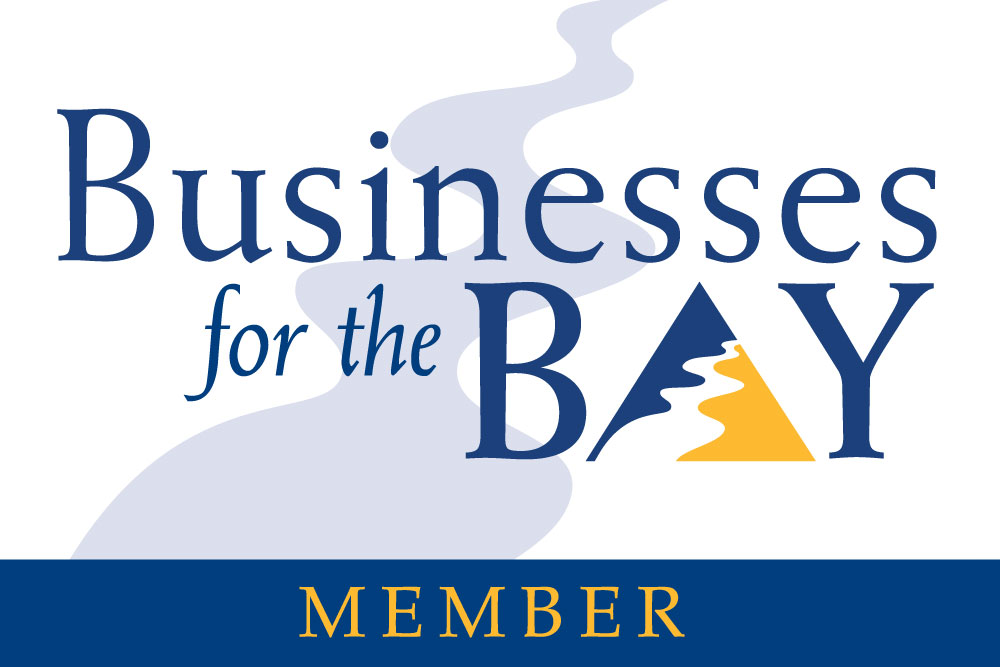Q4 2021 Market Review and Commentary
Market Review*
- Equity markets generally outperformed fixed-income markets with the S&P 500 rising 11.03% (including dividends; +28.71% YTD) and the Barclay’s Capital U.S. Aggregate Bond index rising 0.01% (-1.54% YTD).
- Small caps underperformed large cap stocks (S&P 500) as the Russell 2000 small cap stock index returned +2.14% (+14.82% YTD).
- Value underperformed Growth during the quarter (as determined by the S&P 1500 broad market index which includes large, mid, and small capitalization stocks).
- International or developed, non-U.S. equity markets underperformed U.S. markets in both U.S. dollars (MSCI EAFE**: +2.74%; +11.78% YTD) and in local currency terms (+3.96%; +19.25% YTD).
- The MSCI Emerging Markets Index underperformed developed, non-U.S. equity markets (international) in both U.S. dollar (-1.247%; -2.22% YTD) and local currency terms (-0.84%; +0.14% YTD).
- U.S. market sectors were mostly positive during the quarter. Information technology (+16.69%; +34.53% YTD) and materials (+15.20%; +27.28% YTD) stocks were most distinguishable given their strength. Communications services stocks were notable given their weakness (-0.01%; +21.57% YTD). Energy stocks led all other sectors over the full year (+7.97%; +54.64% YTD).
- High yield bonds fell 0.71% during the quarter (+0.99% YTD). The U.S. corporate bond sector decreased 0.17% during the quarter (-1.93% YTD). 10-Year U.S. Treasury yields climbed slightly from 1.46% at the beginning of the quarter (0.87% at the beginning of the year) to 1.44% currently.
- The U.S. dollar rose versus the Japanese Yen (+3.21%; +11.54% YTD) and the Euro (+1.88%; +7.06% YTD) but fell relative to the British Pound (-0.45%; +0.91% YTD).
|
|
|
|
Questions and Consultations
If you have questions or if you’d like to schedule an appointment to discuss your finances, contact us today.
Want more information? Sign up to receive our monthly e-newsletter here.
Partnership Wealth Management is a comprehensive financial services company. We are committed to providing our clients with financial planning and wealth management services to help them make the most of their investments. At Partnership Wealth Management we have a long history of working with the LGBT community. Among our many services, we offer financial planning for gay couples and lesbian couples as well as estate planning for gay couples and lesbian couples. Financial planning is an important part of preparing for the future, contact us today to get started: www.partnershipwm.com.
Disclosures
The commentary presented herein contains the opinions of Bel/eras Capital Management, a OBA of Partnership Wealth Management, LLC. Partnership Wealth Management, LLC is a registered investment advisor. This information should not be relied upon for tax purposes and is based upon sources believed to be reliable. No guarantee is made to the completeness or accuracy of this information.
Bel/eras Capital Management shall not be responsible for any trading decisions, damages, or other losses resulting from, or related to, the information, data, analyses or opinions contained herein or their use, which do not constitute investment advice, are provided as of the date written, are provided solely for informational purposes, and therefore are not an offer to buy or sell a security. Investments in securities are subject to investment risk, including possible loss of principal. Prices of securities may fluctuate from time to time and may even become valueless. This information has not been tailored to suit any individual.
Past performance may not be indicative of future results. Therefore, no current or prospective client should assume that future performance of any specific investment or investment strategy (including the investments and/or investment strategies recommended or undertaken by Bel/eras Capital Management, made reference to directly or indirectly by Belleros Capital Management, or indirectly via a source to an unaffiliated third party), will be profitable or equal the corresponding indicated performance level(s). Different types of investments involve varying degrees of risk, and there can be no assurance that any specific investment will either be suitable or profitable for a client or prospective client’s investment portfolio. Historical performance results for investment indices and/or categories generally do not reflect the deduction of transaction and/or custodial charges, the deduction of an investment management fee, nor the impact of taxes, the payment of which would have the effect of decreasing historical performance results. For Professional Use Only






